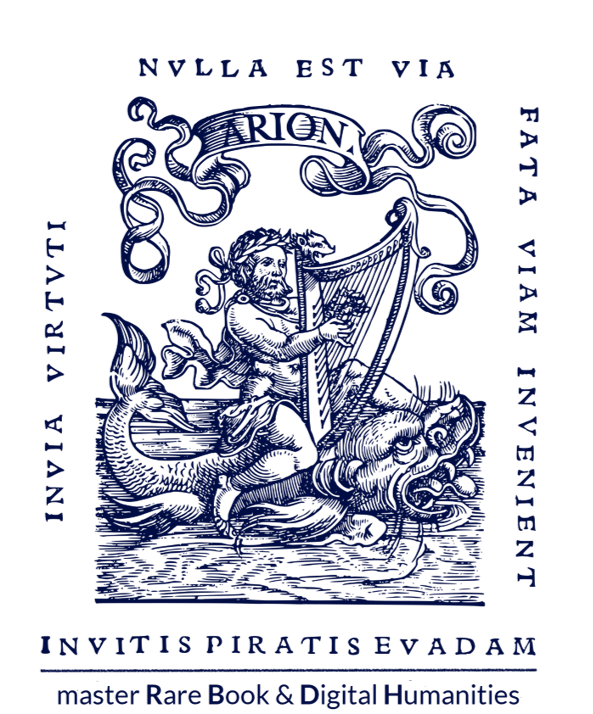My name is Mateo, I have a degree in philosophy and my work has focused on the social and intellectual history of Colombia. I am interested in the development of Colombia’s press and particularly on the topic of philosophy in newspapers. I decided to study the master’s in Rare Books and Digital Humanities due to the need to create tools, databases, and search engines that might organize information as well as the archives and historical sources making them more reachable.
One of the main troubles I have found in my personal work is the consultation of the primary sources, such as manuscripts, old books, and letters that are located at national archives and libraries as they are not yet digitized. At the same time, the enormous amount of information without description, classification, or key words make the analysis of some sources rather difficult. I understand that as a researcher in the humanities, I must find out new ways and tools to expand the labor of these disciplines.
Nowadays, we are living through the leap from the printed book to the digital media, which also means that the diffusion of knowledge and science is not limited to classical books of references. Digital humanities include new ways and platforms to display the information and make it more reachable to the people.
I have found in this master’s program, the theoretical and practical tools used to understand the history of the humanities as well as the history of writing, printing, and digitizing. The structure of the program allows one to first acquire the context of the birth of the printing and the features of the first printed books in terms of typography, illustrations, and bindings. Likewise, the master includes different visits to printing, restorations, and engraving workshops, which allows one to gain a practical view of the printing process. Secondly, the program offers expertise in image, text, and video edition tools, as well as training in ancient languages such as Latin and Greek. Last but not least, as students, we have the opportunity of immersion in projects and internships that show us and train us for our future in the rare book world.

